Chocolate has long been a beloved indulgence, with its rich flavors and comforting qualities. However, there are numerous myths about chocolate, often related to its health effects, composition, and impact on our mood and behavior.
A web of myths and misconceptions has been spun around this beloved treat, leaving chocolate lovers puzzled. From health benefits to potential risks, the world of chocolate is rife with conflicting information.
In this article we'll melt away the misconceptions and unwrap the truth behind the most common chocolate myths. Get ready to have your chocolate knowledge refined and your guilt (perhaps) relieved as we dive into the delicious details.

Most Common Myths About Chocolate
Chocolate has no health benefits.
FALSE. Chocolate is rich in antioxidants such as flavonoids, a group of compounds linked to a reduction in the risk of heart disease, namely by improving blood flow and lowering blood pressure. This benefit is provided by the cacao solids, which tend to be the highest in dark chocolates.
However, to reap these benefits, moderation is key, and the chocolate should be high in cocoa content and low in added sugars.
Cocoa butter is bad for you.
NOT NECESSARILY. Cocoa butter is often misunderstood as an unhealthy ingredient due to its saturated fat content. However, the primary type of saturated fat in cocoa butter is stearic acid, which research suggests has a neutral impact on blood cholesterol levels.
Moreover, cocoa butter contains some amount of oleic acid, a heart-healthy monounsaturated fat also found in olive oil, and is predominantly made up of non-impactful or healthy fats.
White chocolate is not really chocolate.
FALSE. White chocolate lacks the cocoa solids found in milk and dark chocolate, which is why some people argue it's not "real" chocolate. However, it does contain cocoa butter, which is a derivative of the cocoa bean, along with sugar and milk solids. While it has a mild flavor and full-fta nutritional profile, it is still classified as a type of chocolate.

Chocolate is inherently fattening.
NOT NECESSARILY. Chocolate itself isn't inherently fattening; it's the calorie content and how much of it you eat that can lead to weight gain. Dark chocolate, in particular, if consumed in moderation, can be part of a healthy diet.
It's the high-calorie, high-sugar white and milk chocolates that are more likely to contribute to weight gain if consumed in large quantities.
Chocolate causes acne.
NOT NECESSARILY. The belief that chocolate causes acne is a widespread myth, but scientific studies have not found a clear link between chocolate consumption and acne, though they have found one between acne and sugar. Unfortunately, sugar is in almost all chocolate, and because sugar causes inflammation, it can sometimes also cause acne.
Factors like hormones, bacteria, and genetics play a more significant role in the development of acne. Some studies suggest that diet can influence acne, but the relationship is complex and not solely related to chocolate or even to sugar.
Chocolate is addictive.
FALSE. While chocolate can trigger pleasure centers in the brain due to its taste and the presence of compounds like theobromine and phenylethylamine, there is no conclusive evidence that it is addictive. Unlike substances with high addiction potential, chocolate does not cause the same compulsive use or withdrawal symptoms.
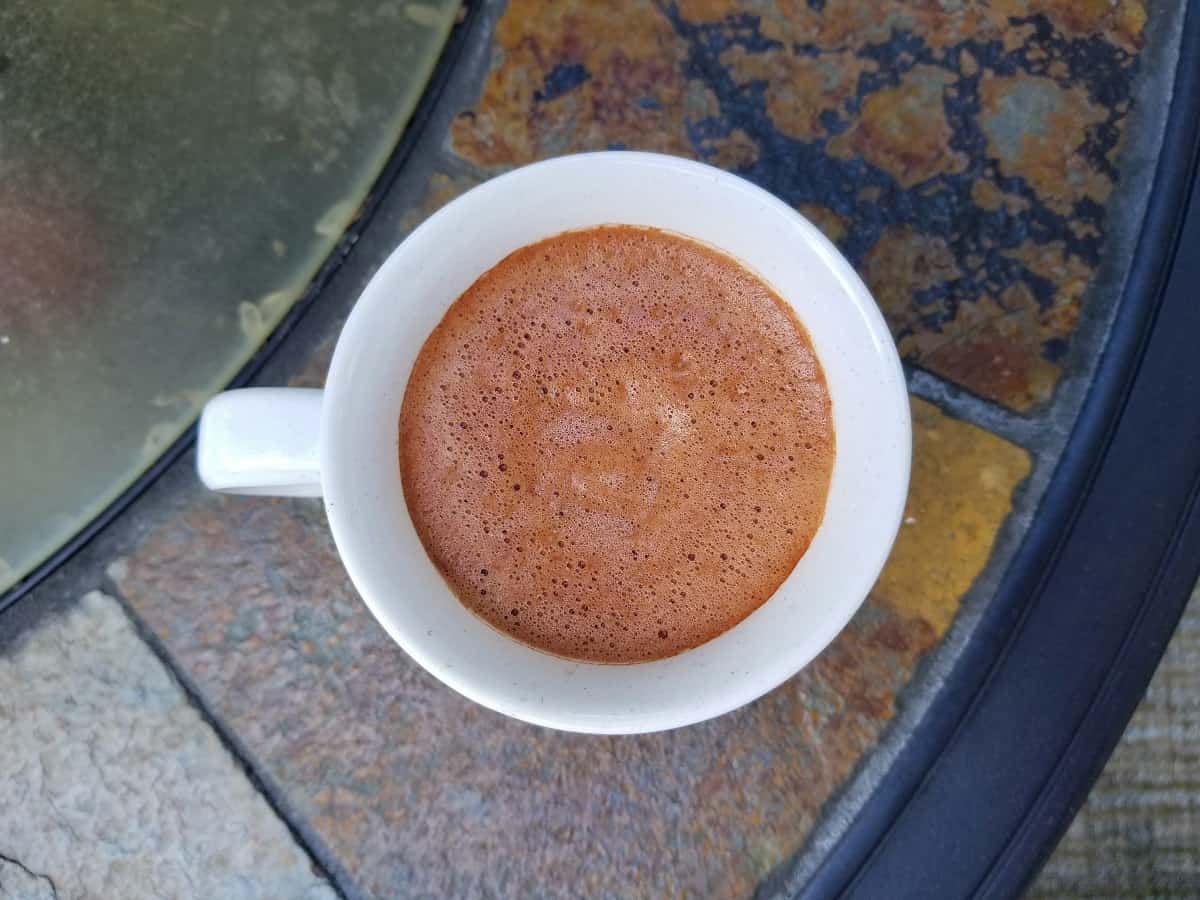
Chocolate is high in caffeine.
NOT NECESSARILY. Chocolate does contain caffeine, but in much lower quantities than commonly thought. For instance, a standard 1-ounce serving of dark chocolate has between 5 to 20 milligrams of caffeine, whereas a cup of coffee may contain 95 milligrams or more.
The actual caffeine content can vary based on the type of chocolate and cocoa content, with milk chocolate having even less caffeine and white chocolate having none. The more ocmmon culprit of any stimulating association with chocolate is actually theobromine.
Single origin chocolates are from that country of origin.
NOT NECESSARILY. Single origin chocolate is made from cocoa beans sourced from a specific region or even a single farm, which can impart unique flavors specific to that area's soil and climate. However, this doesn't mean the entire chocolate production process occurs in that country.
Most often the beans are exported and processed elsewhere, with the term "single origin" referring to the traceability and purity of the bean's geographic source.
The healthiest chocolates are 70% cacao or above.
FALSE. Chocolates with 70% cacao or higher are often considered healthier due to their higher concentration of cocoa solids, which contain beneficial antioxidants and minerals, as addressed above.
However, the health benefits also depend on the quality of the ingredients and the manufacturing process, as some high-percentage chocolates may still contain added sugars or unhealthy fats, or even be made from highly-processed compound chocolate.
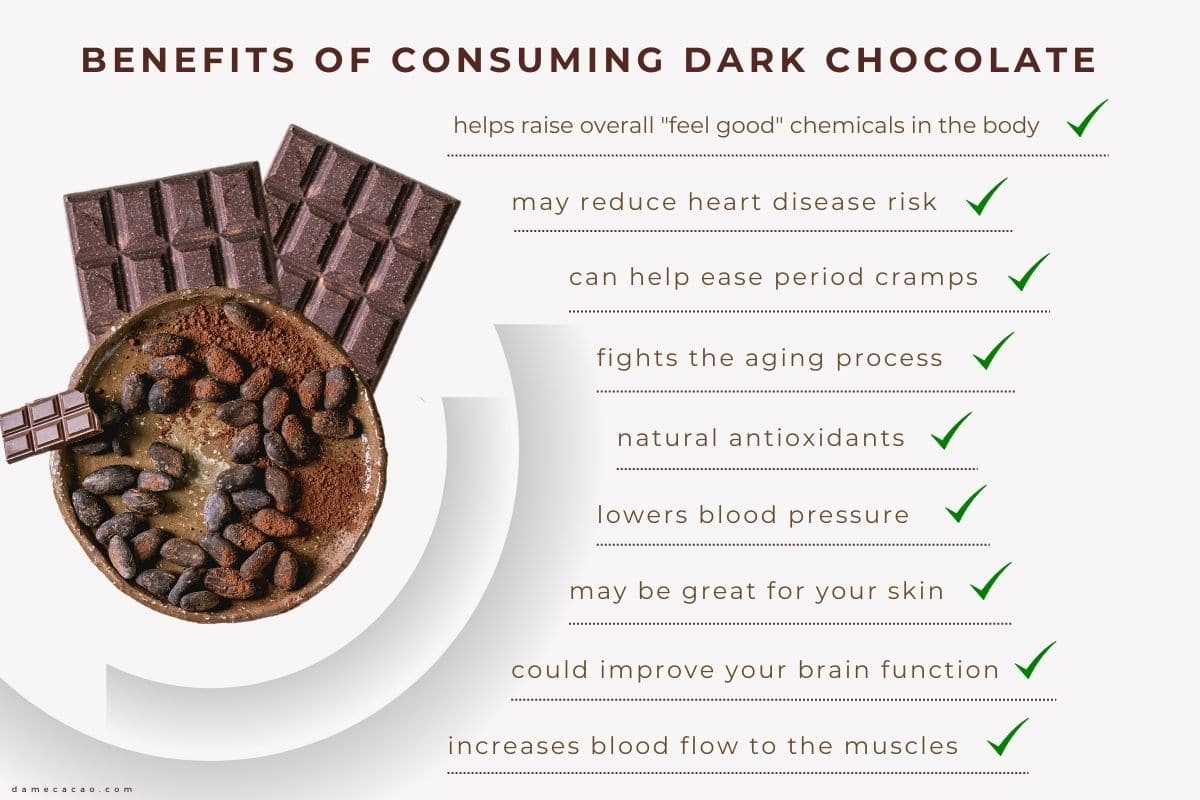
Fair Trade chocolate is the most ethical option.
FALSE. Fair Trade certification aims to ensure that cocoa farmers receive a fair price for their beans, promoting better working conditions and hoping to support sustainable farming practices.
While Fair Trade chocolate is often more ethical than non-certified options, it's not the only certification to consider; others like Rainforest Alliance or direct trade can also indicate ethical sourcing, and even pay higher prices, but do always look into brands' cacao sourcing.
All dark chocolates are vegan.
NOT NECESSARILY. Not all dark chocolates are vegan, as some may contain dairy products or additives derived from animals, despite people being led to believe that dark chocolates are generally vegan-friendly.
It's essential to read the ingredients list carefully to ensure that the dark chocolate you're purchasing doesn't contain any animal-derived ingredients, including non-organic sugar, if you're seeking a vegan-approved option.
Belgian chocolate is the best money can buy.
FALSE. Belgian chocolate has a reputation for quality and craftsmanship, but whether it's the best is subjective and depends on personal taste.
There are many exceptional chocolates from around the world, and factors like cocoa bean quality, production methods, and the skill of the chocolate maker and then the chocolatier all contribute to the final product's quality.
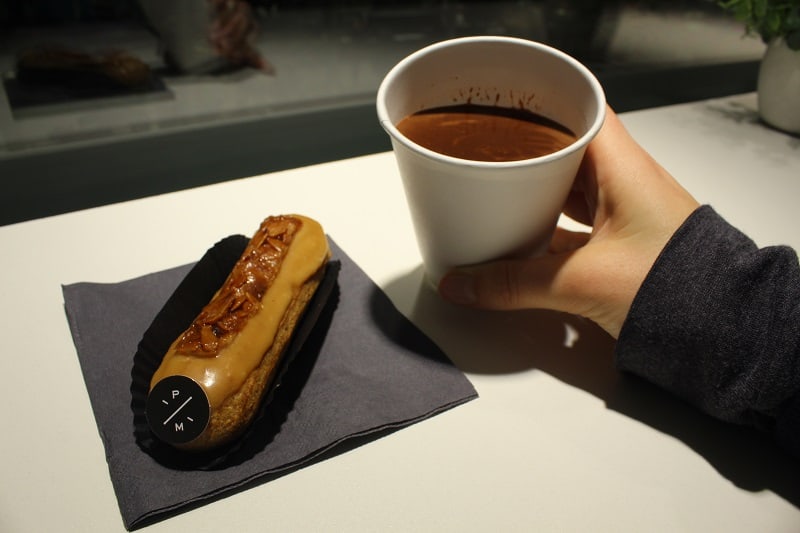
Dark chocolate is the only dairy-free chocolate.
FALSE. While dark chocolate is often dairy-free, it's not the only type of chocolate that can be made without dairy. In fact, dark chocolates are not necessarily even dairy-free, and there are actually now a fair number of delectable, fully plant-based milk chocolates and white chocolates.
Such milk chocolates are made with dairy alternatives like almond milk, rice milk, or coconut milk, catering to those with lactose intolerance or those following a vegan diet.
Chocolate is contaminated with heavy metals.
FALSE. Concerns about heavy metal contamination - particularly lead and cadmium - in chocolate have arisen from some recently-sensationalized studies and reports. The research warrants a closer look, but offers a misleading characterization of the actual findings in their summaries.
While it's true that some chocolate products have been found to contain trace amounts of these metals, the levels are typically below thresholds considered harmful for occasional consumption, which chocolate is (unless you're eating a whole bar of pure dark chocolate every night, which is the rare person indeed).
Chocolate manufacturers are aware of these concerns and often take steps to minimize contamination. However, consumers looking to minimize their exposure can look for transparency in sourcing and testing from chocolate producers.

Chocolate is an aphrodisiac.
NOT NECESSARILY. The myth that chocolate is an aphrodisiac is rooted in its chemical composition, including calming compounds like tryptophan and phenylethylamine, which are associated with feelings of well-being and excitement.
However, these substances are present in chocolate in very small amounts and there is no scientific evidence to support the claim that chocolate can significantly affect sexual desire or performance.
Diabetics can't eat chocolates.
FALSE. It's a common misconception that people with diabetes must avoid chocolate entirely. In reality, when consumed in moderation and as part of a well-managed diet, diabetics can enjoy chocolate, particularly dark chocolate with a high cocoa content and lower sugar levels.
The more expensive, the better.
FALSE. While it's true that most of the best chocolates I've ever tasted have been on the expensive end, Belgium and Amsterdam taught me that it's not always the case. I've had some fantastic $1 bonbons and some really disappointing $5 truffles, so don't judge a book by its cover.


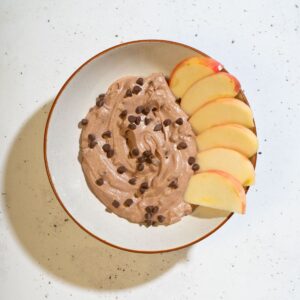


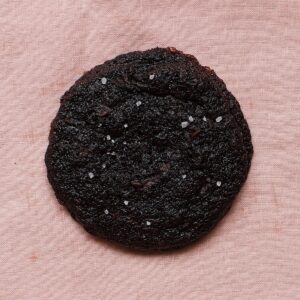





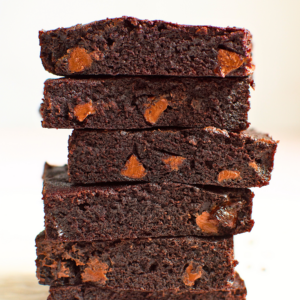

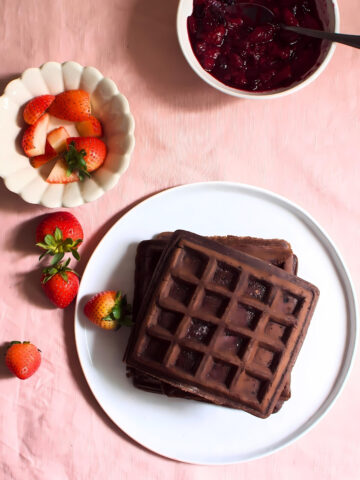


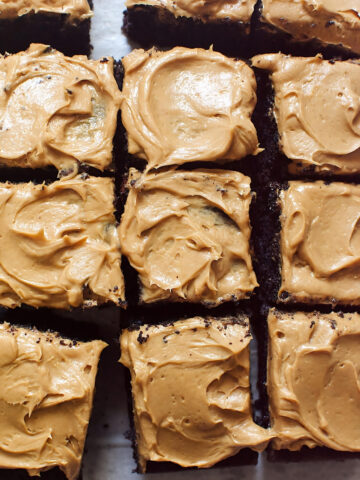
Comments
No Comments